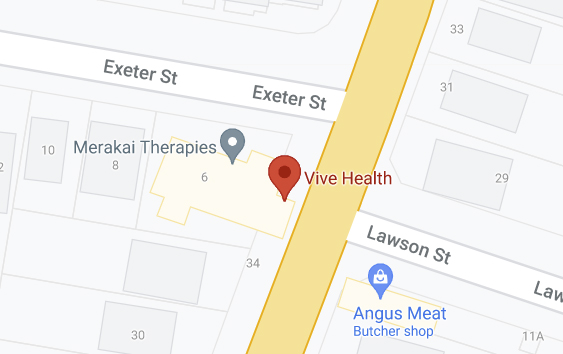
The question often gets asked what is the difference between naturopaths, nutritionists and dieticians? Are they all the same with different names or are they different specialties? There does seem to be some confusion between these three different modalities. Here is some insight so it may make things clearer, particularly if you are considering seeing one of these practitioners and don’t know which may be more suited to your needs.
Originally when “naturopaths” first started coming out as practitioners they were in fact only giving suggestions on food and lifestyle changes from a holistic/preventative approach. Then a number of naturopaths started to incorporate either western herbal medicine or homeopathics to be used in conjunction with their food/lifestyle tips.
As time has progressed and the courses on offer have become much more scientific and evidence based, there is now more of a change in that a naturopath is taught food, lifestyle, nutritional supplements and western herbal medicine. Homeopathics is now a branch on its own and is usually studied separately. A nutritionist who has been trained in the natural therapy holistic setting has the same skills/knowledge as the naturopath but doesn’t necessarily have any training in western herbal medicine. So the main difference between a naturopath and a nutritionist is the ability to prescribe liquid herbs. A nutritionist may focus more on food planning, lifestyle changes and nutritional supplementation.
So what then is the difference between a nutritionist and a dietician? If you look at Dietetics Australia and their definition, they are talking about a dietician being regulated with a degree and commitment to ongoing training.
Many nutritionists also have a degree and are members of an association which requires ongoing training. If that person calling themselves a nutritionist does not have a minimum requirement of training they cannot be a member of one of these associations and will not be able to provide private health insurance rebates. Most private health funds recognise nutritionists.

If the nutritionist has trained via natural therapy training (eg via private college education in either Advanced Diploma or Degree) they look holistically at each client and are able to recommend food changes (diet planning), lifestyle changes, prescribe nutritional supplements. They also look more closely at nutritional (vitamin/mineral) imbalances and generally have access to testing facilities for food allergies, hormones and other functional testing. A natural therapy trained nutritionist has the philosophy of preventing diseases and maintaining good health wherever possible in line with naturopaths. Usually both are looking at finding the cause of the health complaint.
A dietician is usually trained at a public university and more along the lines of conventional medicine. Not usually trained from a holistic/preventative approach but focuses more on each individual disease state and gives food recommendations to improve that particular condition rather than looking at the person as a whole. They are not trained so much from a cellular level and there isn’t as much focus on the role that vitamins and minerals have in the body. A medical doctor will usually refer patients to dietician’s rather than nutritionists if they require a food specialist as Medicare can cover some of this cost.
Most naturopaths and nutritionists will often specialize in certain areas (for example digestive health, skin complaints, hormonal issues), but usually they can address any health issue a person may have with foods, nutritional supplements and lifestyle changes. When it comes to herbal medicine, this is often the choice of naturopaths as herbs can be used effectively to help with a number of different conditions at the same time. Naturopaths may also work with flower essences.
All three modalities are slightly different and all have their place depending on each person’s needs, requirements and beliefs. But all three do have the same thing in common and that is trying to help the person gain better health through their food choices!
Megan is a natural therapy trained Clinical Nutritionist and has done some herbal medicine studies. The main difference with Megan and a traditional naturopath is that she doesn’t prescribe liquid herbs or flower essences. Click here to read more about Megan.
Click here to have a look at our range of practitioners and get a feel of who may suit your health needs the best!
Or if you are not sure who is the best person for you to see, please give us a call and we can help point you in the right direction!
Megan Crockart is a qualified Holistic Nutritionist & a self-confessed foodie! Megan has a special interest in working with individuals with allergies, food intolerances, SIBO, eczema, pre- & post-natal health & children’s health.
Balancing Nutrition.
To book a consultation with Megan please click here.
References available upon request

